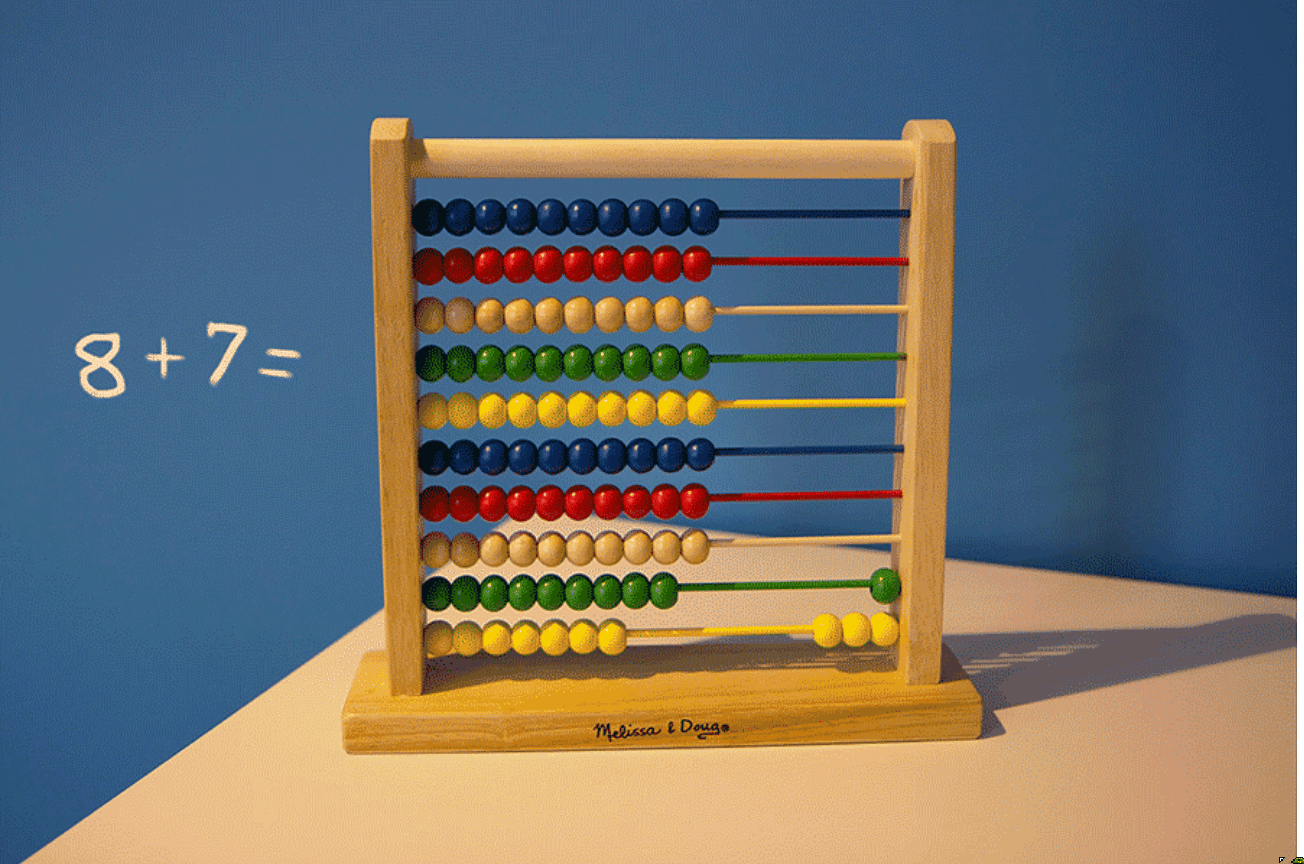Critical Thinking and the Magic of Modern Technology
The Evolution of Critical Thinking
In the past, critical thinking was deeply tied to tangible reality. The tools and systems we relied upon, like the abacus, were physical and transparent in their operation. You could see how beads slid along rods to represent numbers and manipulate them directly to perform calculations. This tactile, visible interaction fostered a grounded understanding of cause and effect, reinforcing logical reasoning and curiosity about the mechanics of the world.

Abacus
The Rise of Abstract Technology
Today, the tools we use have become increasingly abstract and opaque. Take the smartphone as an example: it’s a marvel of technology, but for most people, it might as well be magic. We swipe, tap, and speak into devices that perform complex functions with no visible mechanisms to explain how they work. Few of us understand the intricate layers of software, hardware, and networking that make it all possible. This gap between use and understanding creates a sense of detachment from the underlying reality.
The Consequences of Detachment
This detachment isn’t limited to phones—it extends to nearly everything we interact with. From the algorithms that curate our social media feeds to the automated systems that drive our cars, we engage with tools and technologies that function as black boxes. This shift has consequences for critical thinking. When we no longer see or understand how things work, we may be less inclined to question, investigate, or problem-solve. Instead, we accept the outcomes as given, much like accepting the results of magic without questioning the trick.
The Impact on Critical Thinking
An interesting consequence of this detachment is how it fosters controversial or illogical thinking. When people can’t differentiate between technology they don’t understand but trust (e.g., a phone) and ideas they don’t understand but should question (e.g., conspiracy theories), they start treating both as equally valid or invalid. This can explain, at least partially, why misinformation spreads so easily in our era. If everything feels like “magic,” it’s easy to conflate credible systems we can’t fully grasp with dubious claims that also defy comprehension.
The Importance of Curiosity
Why learn how something works if it’s simply going to function regardless? This mindset not only erodes curiosity but also weakens the ability to critically assess new information, whether it’s about technology or broader societal issues.
Encouraging Curiosity
To combat this, it’s essential to encourage curiosity about the “magic” we encounter every day. By taking an interest in how things work and questioning the underlying mechanisms, we can foster a deeper understanding of the world and improve our critical thinking skills.